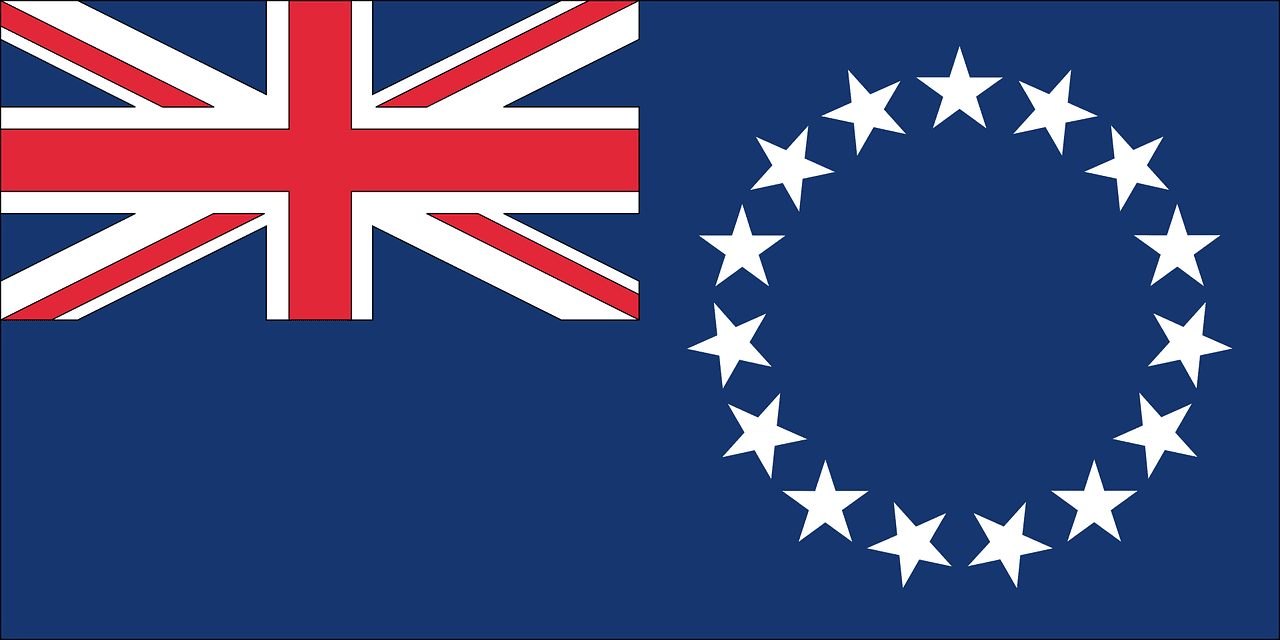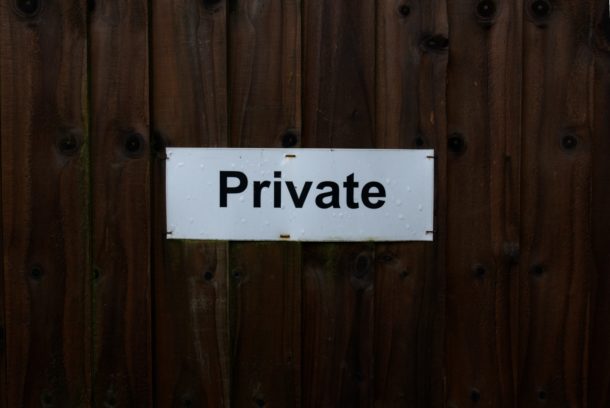A Cook Islands Trust Can Protect Your Assets from Confiscation
In order to protect your assets, you need a plan. One of the best ways to do this is with a Cook Islands Trust. This article will teach you how Cook Islands Trusts work and why they’re important for your financial security.
What are Cook Islands Trusts? How do they work? Why should I set one up? These are all questions which we’ll answer in this article.
The Cook Islands – A Paradise of Untouchable Assets

The Cook Islands are a chain of 15 Pacific islands that lie near the equator. The islands have a population of around 100,000 people and have an economy based on fishing and tourism. It is ranked as one of the world’s most peaceful countries for its lack of military power or civil unrest. The Cook Islands are independent but under the protection of New Zealand. The Queen is the head of state of The Cook Islands.
The super-rich have long been aware of the advantages of forming Cook Islands Trusts and Cook Islands Companies. The New York Times described The Cook Islands as being ‘a Paradise of Untouchable Assets’. You can see The New York Times Article here.
The main advantage of the Cook Islands Trusts is that the Cook Islands do not recognise foreign judgements.
If a creditor gets a judgement against you in Europe or the USA that means nothing in The Cook Islands. Foreign judgements are not recognised by The Cook Islands.
Your pursuer would have to make a trip to the other side of the world, retain a local law firm and start the whole process over again.
That will make most creditors think twice about starting proceedings against a Cook Islands Trust.
If assets that have been gifted to the trust are disputed, perhaps because of a bankruptcy or divorce, the claimant has only 12 months to make a claim against the settlor of the trust and 2 years to make a claim against the trust.
After 2 years it’s impossible for any creditor to make a claim.
There are also provisions in The Cook Islands trust law to prevent distributions being made from the trust under duress.
If a court orders you to transfer money from your Cook Islands Trust to satisfy a claim, that would be considered ‘under duress’ and the trustees would refuse to make the payment.
Even The Mighty US Government Can’t Penetrate Cook Islands Trusts
Even the US government, normally considered to have a wide reach has failed to grab money from Cook Islands trusts.
In legal filings, Fannie Mae, the US government backed lender admitted that it was only able to collect a paltry $12,000 on a $10 million judgement against an Oklahoma property developer. The developer had transferred his assets to a Cook Islands Trust shortly before the litigation began. He would have been even more secure had he ensured his assets were safely held in the trust years earlier.
Fannie Mae complained that the clear purpose of the trust was to frustrate legal efforts to collect on the judgement.
Trust clients have used Cook Islands trusts to protect yachts, classic cars and valuable art, as well as owning operating companies on behalf of high net worth families. We have clients using Cook Islands Trusts to protect Gold Bullion and Crypto Currency assets. Cook Island Trusts are a valuable tool when used in the right way. They offer some of the strongest asset protection available in the world today.
Proof Beyond Reasonable Doubt is Required to Seize Assets
Another useful advantage of Cook Island trusts is the standard of proof required for creditors to seize assets.
In normal commercial litigation the standard of proof is on the balance of probabilities.
For Cook Islands trusts the standard is beyond reasonable doubt.
This is an almost impossible standard of proof in a commercial case and will stop most litigation before it gets started. The Cook Islands are the only jurisdiction in the world that has such a high standard of proof for civil cases. That’s why almost nobody ever sues Cook Islands Trusts.
Punitive damages cannot be awarded against Cook Islands Trusts.
This is an important point. Punitive damages can often make up the majority of any claim. In US judgements the punitive part of the claim can account for the vast majority of it. It’s another layer of protection that’ll discourage almost everyone from starting action in the first place. Your strategy must be to put as many obstacles in the way of potential claimants as possible.
Is Cook Islands a tax haven?
The Cook Islands is not a tax haven. One of the reasons that the Cook Islands hasn’t attracted the same level of attention as other jurisdictions is because it’s not known as a tax haven. I prefer to call The Cook Islands an asset protection haven. Just because you establish a Cook Islands Trust doesn’t mean you have to keep your money or assets there. In Fact, I’d advise against that. Cook Islands Trust are for asset protection. But keep your bank accounts and other assets elsewhere. For example, businesses and properties can be owned by corporations from other jurisdictions. The shares in the corporations can be owned by Cook Islands Trusts.
Are Cook Island trusts Safe?
Trust providers in The Cook Islands are regulated by the Financial Supervisory Commission there. The Cook Islands are a protectorate of New Zealand. When setting up a trust in any jurisdiction it’s important to make sure you have full control and nobody can move the trust’s assets without your consent. You can use family members as trustees or have it managed by a reputable trust company. Find out how to set up asset protection structures in a safe and private way in our special report, Bullet Proof Privacy. You can download a copy instantly here.
Do Cook Island trusts work?
Cook Islands Trusts are one brick in your wall of asset protection strategies. They were designed to frustrate creditors. They do the job that they were established to do. Cook Islands Trusts should be your final layer of asset protection. They won’t protect against FATCA or CRS. You must use other strategies to work around these regulations. We’ve outlined more about how you can do that here and here.
Cook Islands Trust law is quite possibly the most robust in the world. There are other jurisdictions that do a good job too, such as Nevis and Panama.
Which jurisdiction you choose will depend on your individual circumstances. I work with private clients every day to advise on how best their wealth can be protected. Your wealth is under increasing threat every day. That can be from governments, regulators, private lawsuits and taxes. I can help guide you through the maze of offshore and asset protection strategies to make your assets untouchable no matter how powerful your adversary is. Book a call with me here to get started.
I know of creditors who have settled lawsuits for paltry amounts. Creditors don’t like the thought of starting litigation in a far off jurisdiction when the odds are stacked heavily against them. For a creditor it could be a huge waste of money and time. They have no idea what assets the trust holds. You should, of course, never tell anyone what assets your Cook Islands Trust holds. This should be strictly on a need to know basis.












